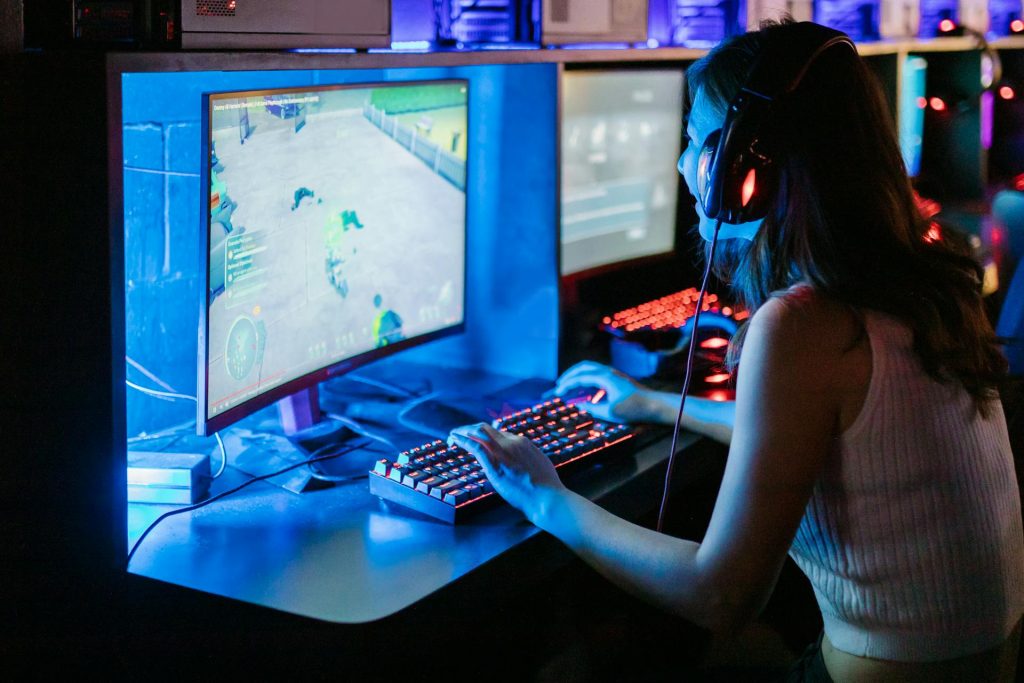Gaming has come a long way from pixelated screens and arcade machines to the hyper-realistic, story-driven worlds we experience today. What once started as a niche pastime is now a global industry worth billions, shaping technology, culture, and entertainment. Classic titles like Pac-Man and Super Mario paved the way for immersive open-world adventures and competitive esports arenas. This evolution reflects not just advancements in hardware and software, but also the growing desire of people to connect, escape, and create within digital landscapes.
The Social Power of Play
Far from being a solitary hobby, gaming has become a powerful social connector. Online platforms, multiplayer modes, and streaming communities bring together millions of players across the globe. Friends and strangers unite over quests, team battles, or shared fandoms, creating bonds that transcend borders. From Discord groups to Twitch streams, gaming has built an ecosystem where communication, collaboration, and camaraderie thrive. In many ways, virtual guilds and clans have replaced traditional clubs, showing that play has the power to form meaningful human connections.

Gaming as a Career and Industry
The days of gaming being “just for fun” are over. Today, professional esports players, content creators, and game developers are carving out entire careers in this space. Esports tournaments now rival traditional sports events in scale and revenue, while streamers and YouTubers attract millions of followers. Meanwhile, developers push creative boundaries, blending art, storytelling, and technology to deliver experiences that rival blockbuster movies. With billions of dollars in revenue and a massive job market, gaming has established itself as one of the fastest-growing industries in the world.
The Benefits Beyond Entertainment
While entertainment is the primary driver, gaming offers much more. Studies show that gaming can enhance problem-solving skills, improve hand-eye coordination, and boost cognitive flexibility. Role-playing games teach strategy and empathy, while team-based titles encourage leadership and collaboration. Even educational institutions are integrating gamification into learning, proving that interactive play can sharpen the mind and inspire creativity. For many, gaming also serves as a stress reliever and safe outlet for self-expression, highlighting its positive impact beyond the screen.
The Future of Gaming
Looking ahead, the future of gaming is more exciting than ever. Emerging technologies like virtual reality (VR), augmented reality (AR), and cloud gaming are set to redefine how we play. Gamers will soon step into fully immersive worlds, powered by artificial intelligence and real-time interaction. The rise of blockchain and NFTs may transform digital ownership, giving players more control over their in-game assets. As the lines between reality and simulation blur, gaming will continue to push boundaries, not just as entertainment but as a way of life.
